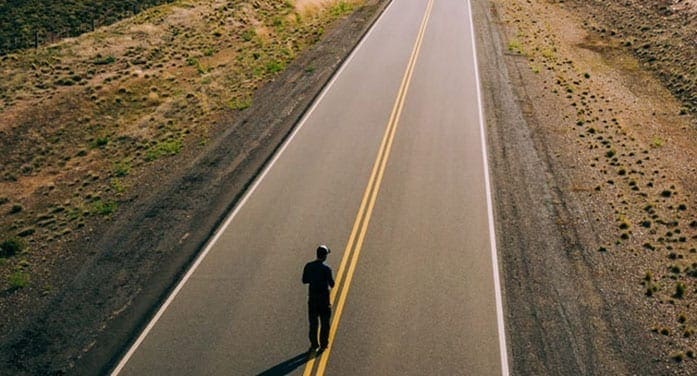 We’ve just marked (I won’t say celebrated) the first anniversary of the pandemic. And we have a long way to go – but we need to stay diligent.
We’ve just marked (I won’t say celebrated) the first anniversary of the pandemic. And we have a long way to go – but we need to stay diligent.
A year ago, when it was just starting, most of us expected that the resulting fear, uncertainties and restrictions would be over in a few weeks.
As the months of the pandemic proceeded with no end in sight, hopes were pinned on a new start in the new year of 2021.
Now that we are three months into 2021 and Canadians are finally beginning to be able to get at least the first dose of a vaccine, we can anticipate an end to the current conditions.
Alas, we still have a long way to go before we will be able to put the pandemic to rest.
Our health-care and political leaders are telling us we will be well into July before most Canadians are jabbed just once, but only if, unlike what has happened to date, all expected vaccine deliveries arrive on schedule, and there are no other surprises or glitches. These optimistic conditions will need to continue through the fall for Canadians to receive the necessary second doses.
The good news is we have high odds of being able to celebrate a more normal December holiday season in 2021. The hard part will be getting there.
Vaccinations notwithstanding, Canada is still getting walloped with large numbers of new COVID-19 cases every day. In the past week, the daily number reached 4,000, the highest it has been in months. And many of those were new variants of the virus considered to be more easily transmitted and possibly more lethal.
Such conditions call for ongoing or even increasing caution on the part of the population.
Caution and the resulting constraints aren’t what most of us want at this time. The arrival of spring weather and the vaccines make us want to mix and mingle. We’ve been lonely and locked in long enough. And it will help the economy if we can go out and enjoy a more normal social life.
We must not give in to that urge. Places like Japan and Britain have. Not only did they allow socializing and travel, in the interests of supporting the economy, those governments actually subsidized eating out and in-country vacations. The results were major spikes in new COVID-19 cases – a high price to pay for a meal out.
The warmer spring weather should allow us to meet outdoors in small groups, ideally masked and distanced. Going any further before we’re all fully vaccinated can do more harm than good.
Our social lives and work lives have been made worse by COVID. Many have no work or not enough, and they need support and retraining.
Also worthy of concern are those who have too much work. Health-care workers immediately come to mind. Store clerks, cleaners, factory and warehouse staff, delivery drivers and others in the more overheated parts of the COVID economy are often overworked as well. Burnout becomes a daily reality. Exhaustion sets in.
The temptation to say something rude and just quit is high. Many don’t do that because they realize their work is essential, so they hang in. Society owes them a big vote of thanks.
Everyone should think long and hard about leaving a job at this time. The unemployment rate is still well above pre-COVID levels. Businesses are cutting back or closing. Work that’s available is likely to be at least as demanding as the job you just left. Being without work and income isn’t a good thing.
This doesn’t mean that you have to be stuck in a miserable job forever. It just means you should determine what you will do next before taking off. Check out other openings to find ones you like. Collect references. Get the skills you need – online learning can help fill the gap left by social restrictions. Research likely new employers.
At best, you could get a job offer while still in your current position. At worst, you will be in a much better position to handle the demands of your current job, knowing that you could soon have a way out.
And we can look forward to the December 2021 holiday season.
Troy Media columnist Roslyn Kunin is a consulting economist and speaker. For interview requests, click here.
The views, opinions and positions expressed by columnists and contributors are the authors’ alone. They do not inherently or expressly reflect the views, opinions and/or positions of our publication.

